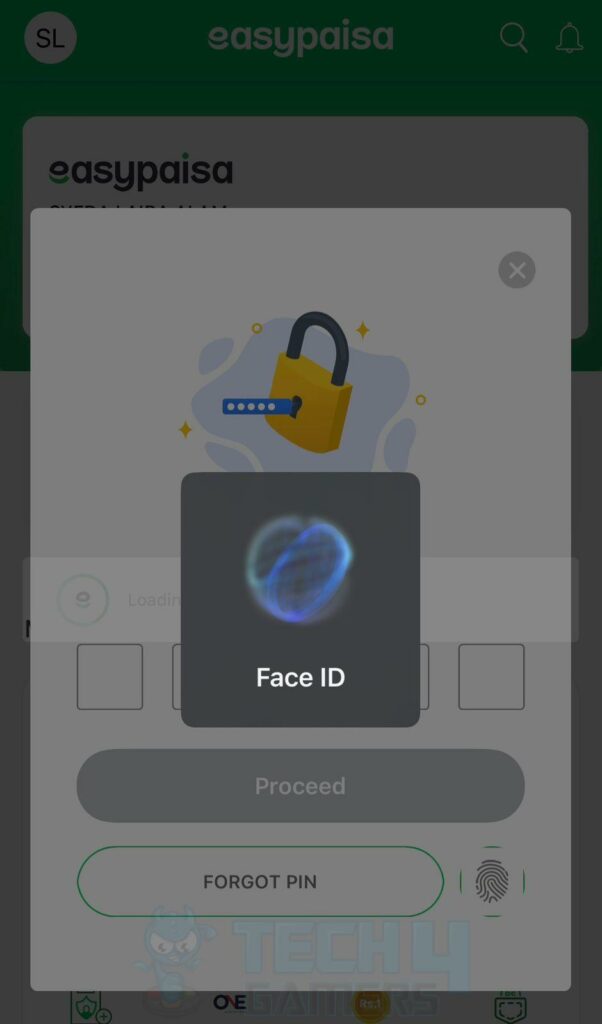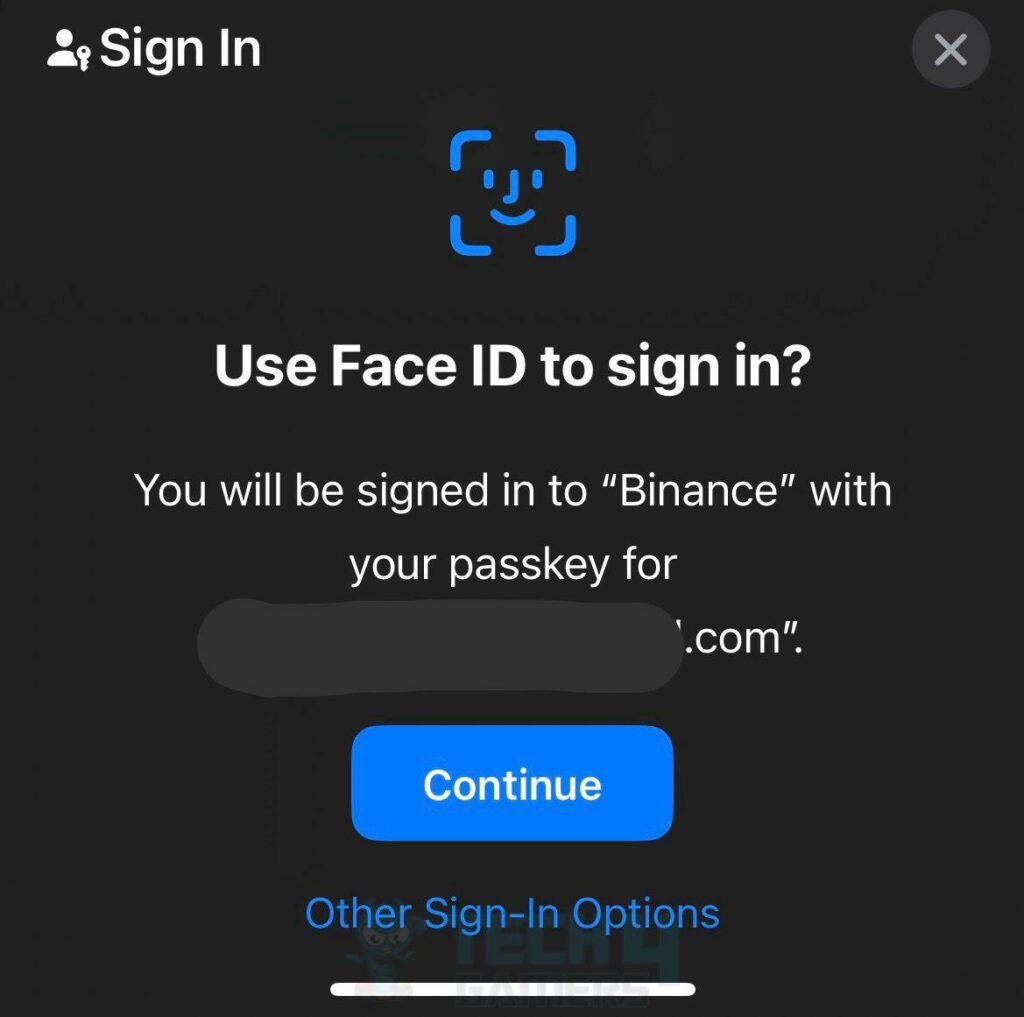- Passskeys are based on public key cryptography principles that make the private key unique to each user.
- You can use PIN, facial recognition, fingerprint scans or your phone’s screen lock to log in to an app or site.
- Cloud servers and websites cannot encrypt the user’s private key, making it a safer choice.
I cannot stress enough the importance of passwords. Emails, bank accounts, social media profiles, and even personal devices must be locked with a strong password to keep your information safe. All these years, passwords have done the job just right, so what are passkeys, and why are they becoming increasingly common?
What Are Passkeys?
Passkeys are more straightforward, quicker alternatives to passwords. They can be based on a simple PIN, facial recognition, fingerprint, or simply the same as the phone’s screen lock. Once you establish a passkey for an app on your device, you can log in using your selected method, like a fingerprint or face scan, instead of typing in your full username and password.
Passkeys work on the principle of public key cryptography. When we set up a passkey, two things are generated: a public key stored on the server and a private key stored on the device.
The website uses the public key to verify if the device has the private key by confirming our identity via biometrics or a PIN without ever seeing the private key. This way, the website or app never accesses the private key, which remains securely on your device.

Why Ditch Passwords For Passkeys?
Passkeys’ most obvious advantage over traditional passwords is that they take much less time. With passkeys, the phone can quickly scan our face or fingerprint to grant access, allowing us to proceed instantly.
Moreover, it adds an extra layer of security to our apps, containing critical information about our finances and personal lives. The passkey is uniquely ours and resistant to phishing attacks (George, 2024). Hackers can’t access our accounts because the private key is stored locally and inaccessible to cloud servers.
The three tech giants, Microsoft, Apple, and Google, came together in 2022 to commit to secure logins. They announced they would expand support for a new sign-in standard put forward by the Fast Identity Online (FIDO) Alliance.

It eliminates the hassle of remembering complex passwords with capital letters, special characters, and numbers – seriously, who can keep track of all that? In addition, we are expected to remember answers to follow-up security questions, such as the names of our pets or high school.
Personally, I write them down somewhere. However, it’s a hassle to dig out my notebook and flip through the pages to find the correct password. With passkeys, this inconvenience is out of the way!
Are Passkeys The Future Of Logins?
Christiaan Brand, a Google Security Expert, was asked if passkeys will completely replace passwords. “Yes, passkeys will replace passwords. It’s even broader than that. I’d say our vision for passkeys is to not only get rid of passwords but also eliminate all the Band-Aids the industry has designed to make up for the fact that passwords are so vulnerable,” he answered.
An independent study by the FIDO alliance found that 53% of users in the US and UK have shifted to passkey on at least one of their accounts.
Using a passkey for apps on my phone and laptop has made logins much more effortless. For instance, I use facial recognition for my financial apps. So, when I have to make a transaction or log in to my profile, it verifies me using the passkey. This eliminates the need to enter the password and use Google Authenticator/OTPs for additional verification.

Although this innovation is quickly paving its space in the tech world, it takes time to build trust among the users whenever such new features arrive. However, I expect widespread usage of passkeys in the coming days.
Thank you! Please share your positive feedback. 🔋
How could we improve this post? Please Help us. 😔





